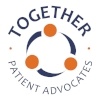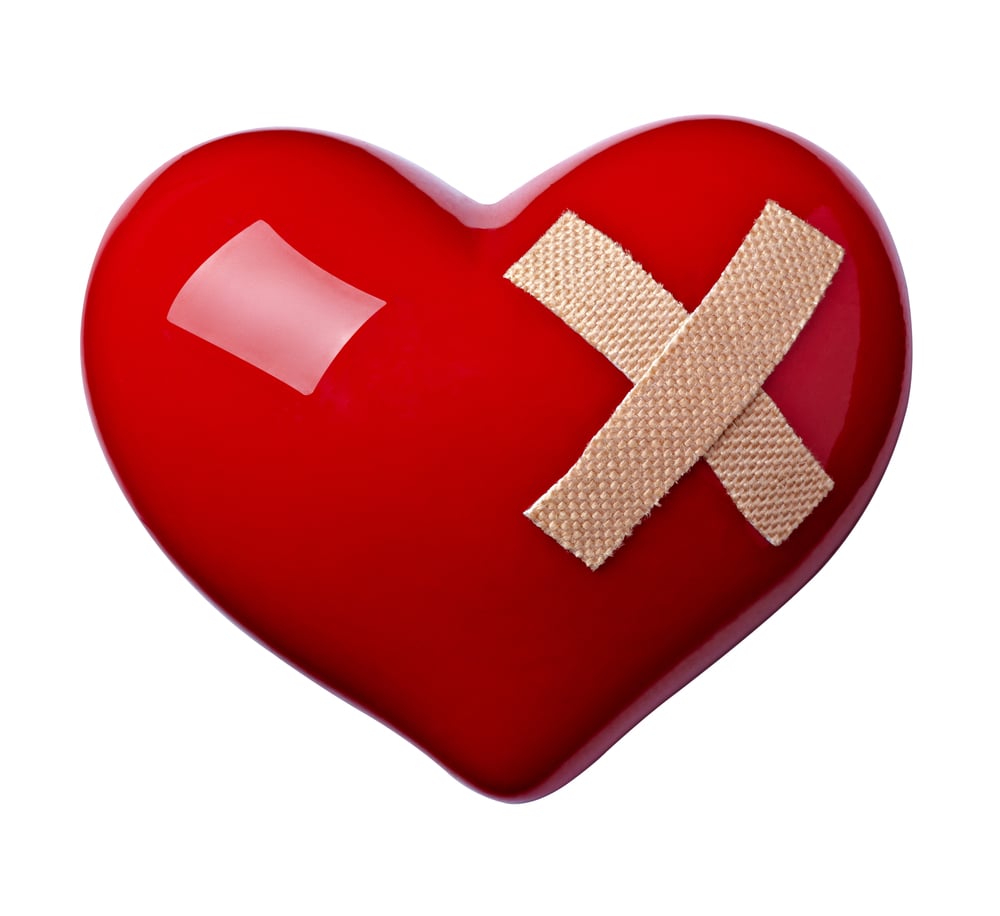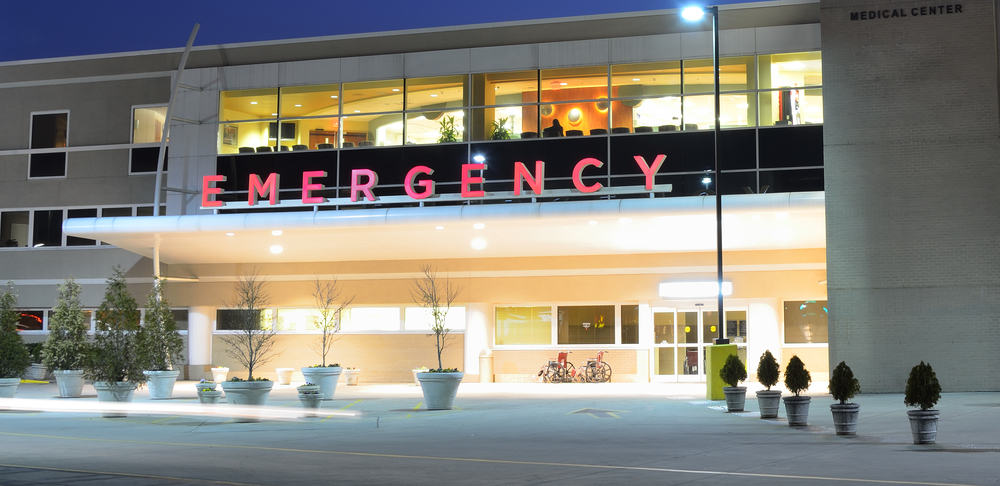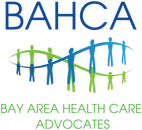Donna Smith, BCPA
Recent Posts
What You Need to Know for Open Enrollment
[fa icon="calendar'] Nov 12, 2021 8:07:00 AM / by Donna Smith, BCPA posted in Medicare, Insurance, open enrollment, Obamacare
Congenital Heart Defect Survivors Need Life-Long Care
[fa icon="calendar'] Aug 13, 2021 3:00:00 AM / by Donna Smith, BCPA posted in self-advocacy, Congenital Heart Defects
Congenital heart defects (CHD), which affect both the structure and function of the heart, are the most common type of birth defect. Yet prior to the 1950’s, with no way to surgically repair the heart defects, CHD almost always led to an early death.
Open Enrollment is Just around the Corner
[fa icon="calendar'] Oct 2, 2020 7:45:00 AM / by Donna Smith, BCPA posted in Medicare, Insurance, open enrollment
Whether your health insurance is through your employer, a private policy, or Medicare, you’re headed for open enrollment. This is when insurers make cost and benefit changes that will be effective January 1st. Your insurer is required to notify you in writing of upcoming plan benefit changes. Take the time to study those changes and the benefit details in any plan you are considering for your 2021 coverage. The choice you make will be in effect through December 31, 2021 unless you have a qualifying event, such as loss of coverage, that allows you to change coverage mid-year.
5 Words to Help You Understand Insurance Claim Forms
[fa icon="calendar'] Aug 21, 2020 11:29:00 AM / by Donna Smith, BCPA posted in Insurance
By Have you ever mistaken an insurance claim form for a puzzle in which none of the pieces are clear and the final “picture” makes no sense? The words seem have no connection to your medical treatment or benefits you’re entitled to receive. The definitions that supposedly explain why amounts weren’t paid must have been lifted from a lawyer’s notebook of phrases that sound good but have no apparent meaning.
Three Common Reasons for Surprise Medical Bills
[fa icon="calendar'] Aug 7, 2020 9:53:00 AM / by Donna Smith, BCPA posted in Insurance
When you hear the phrase, “surprise medical bills,” it usually means that medical treatment you thought was in-network was actually out-of-network. As a result, your bill is significantly higher than you anticipated – thus, the ugly surprise.
Long COVID-19 Recoveries Could Strain Rehab Facilities
[fa icon="calendar'] Jul 3, 2020 4:00:00 AM / by Donna Smith, BCPA posted in COVID-19, Coronavirus
As of July 2, 2020 Johns Hopkins University placed the number of recovered COVID-19 patients in the U.S. at over 729,900. But what does "recovered" really mean? Patients can be struggling to recover from the virus's multi-organ damage as well as the mental and physical challenges resulting from long-term Intensive Care Unit (ICU) stays and numerous days on a ventilator.
Assessing the psychological toll of COVID-19, Dr. Lindsay Lief, a pulmonologist at Weill Cornell, says that lengthy ICU stays during “ordinary times” can result in cognitive deficits, anxiety, depression or symptoms of post-traumatic stress disorder. She expects those issues to be magnified for COVID-19 patients.
Based on a study previously conducted on patients who recovered from Severe Acute Respiratory Syndrome (SARS),survivors "showed worrying levels of depression, anxiety, and post-traumatic symptoms" one year after the outbreak.
Even though SARS cases were generally more severe than COVID-19 cases, researchers use SARS for potential insights into transmission, treatment, and outcomes because there are many similarities between the two coronaviruses including how they are spread (coughing, sneezing, and touching contaminated surfaces); symptoms, such as shortness of breath, cough, fever, and headaches; and both can become serious illnesses.
Recovery for COVID-19 patients typically takes place in a post-acute care setting, such as a skilled nursing facility, long-term care hospital or rehab center, as it did for Charlie Blueweiss, a 33 year-old COVID-19 survivor. He spent just over four weeks in a COVID-19 recovery ward overcoming multiple issues: muscle weakness that prevented him from sitting up, hands so swollen he couldn’t use his phone, burning pain in his foot, a bedsore, and learning how to walk more than six feet with a walker before needing to rest.
Unfortunately, both the length of Mr. Blueweiss’s rehabilitation stay and his symptoms are common for recovering COVID-19 patients. Gregg Garfield, a 54-year-old avid skier, was hospitalized for 64 days, including 31 days on a ventilator. He suffered kidney damage, collapsed lungs, and had to learn how to walk again. He is on a “long road to full recovery.”
Brian Robinson, a 53-year-old man from Pennsylvania, experienced kidney failure, had to relearn how to walk, talk, swallow and eat. He spent 42 days in the hospital and other medical facilities.
Akhink Omer, a 31-year-old woman, is described as feeling "...perfectly fine [one day], and the next she was hit with fever, diarrhea, fatigue, coughing fits, severe body aches, and 'the worst headache of my life for the first few days.'" It took Ms. Omer six weeks from the onset of her symptoms to resume her previous activity level. She spent eight days in the hospital “fighting to breathe,” then left the hospital with, among other things, abnormal liver tests, a cough that lasted for weeks, and continued weakness.
But just when COVID-19 patients need a place to recover from their severe symptoms, post-acute care facilities may not have enough beds for recovering patients. In April, a Brigham and Women’s Hospital analysis based on the SARS-CoV epidemic, projected at least 700,000 Americans would require some type of inpatient post-acute care over the following six months. Yet there are only approximately 345,000 available skilled nursing facility beds in the U.S.
Some hospitals, like Weill Cornell where Mr. Blueweiss was hospitalized, have created special COVID-19 recovery wards. Likewise, some nursing homes have created new wings for recovering COVID-19 patients. But challenges still exist. Not all facilities have the required space and funds to create safe, fully-staffed, fully-equipped COVID-19 care units.
Portions of the care may be transferred to patients’ homes. But that requires a home environment that is safe for both the recovering patient and others who live in the home, funding for home health aides (HHAs), and someone to assist the patient when HHAs are not there.
As with many aspects of the pandemic, this issue is being addressed city-by-city, facility-by-facility, and family-by-family. Ideally, soon there will be policies and funding to resolve the logistical and financial challenges of COVID-19 recovery. Until then, the best course of treatment is prevention. Only go out for essential tasks, and when you do, wear a mask, practice social distancing, and wash your hands frequently.
COVID-19: Sorting Fact from Fiction
[fa icon="calendar'] Jun 19, 2020 3:00:00 AM / by Donna Smith, BCPA posted in COVID-19, Coronavirus
COVID-19 is an elusive, yet persistent part of our lives. We want to understand the virus as much as possible in order to avoid becoming one of its statistics. Daily updates are readily found online, on television and in print. Discoveries, theories, statistics, and predictions abound. Yet how do you know which sources to trust?
Insurance Plan Changes in the Time of COVID-19
[fa icon="calendar'] Jun 5, 2020 8:00:00 AM / by Donna Smith, BCPA posted in COVID-19, Insurance
While people struggle with the life-threatening effects of COVID-19, the chaos of sky-high emergency room bills plays out in a way that is sadly familiar to anyone who has ever received a surprise medical bill:
COVID-19 Can Damage More Than Your Lungs
[fa icon="calendar'] May 1, 2020 7:00:00 AM / by Donna Smith, BCPA posted in COVID-19, Coronavirus
As the coronavirus continues to spread, doctors and scientists are working to understand and treat the myriad of organ and system damage they are seeing in patients with COVID-19 .
PPE – HOW YOU CAN HELP
[fa icon="calendar'] Mar 27, 2020 6:00:00 AM / by Donna Smith, BCPA posted in COVID-19, Coronavirus












.gif?width=200&name=NAHAC-Member-Badge200x112+(1).gif)


